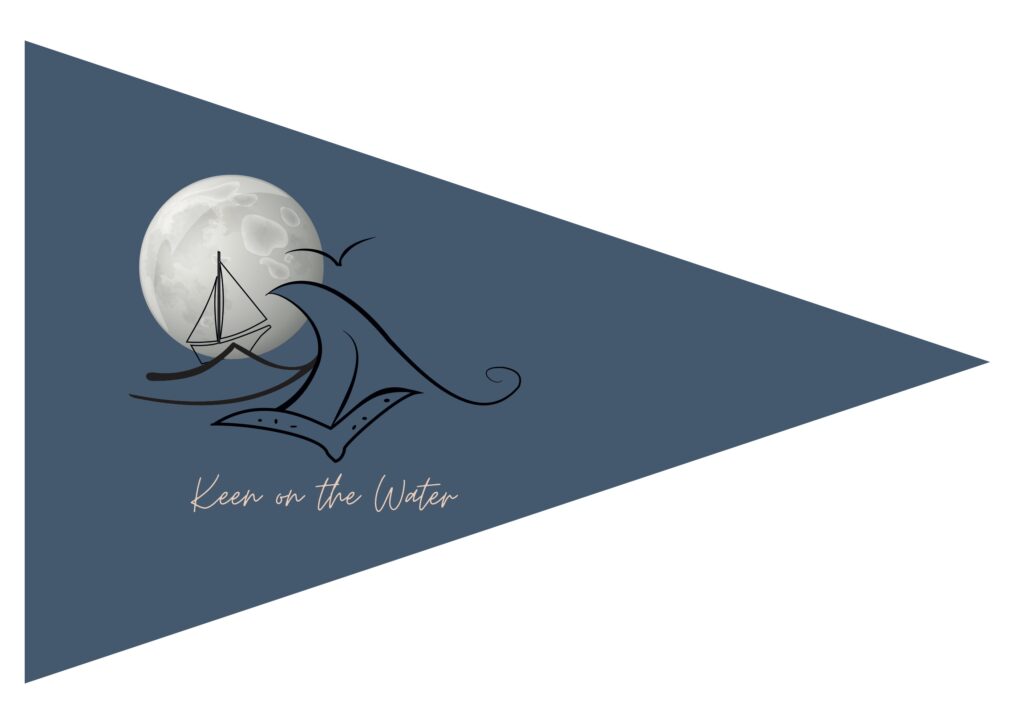A recently published article in Nature has shown that since 1970 there has been a 71% decline in shark abundance due to increasing fishing pressures around the world. Caribbean sharks are no different.
In St Vincent, on Mayreau I witnessed the landing of 10 sharks, a mixture of black-tip, and lemon sharks. All smaller than 1m long. There were some males and some females. This is not an uncommon sight in St Vincent and the Grenadines. The fisherman had caught the animals on Petit St Vincent and brought them back to Mayreau to process, in order to quickly get them on the ferry for the market in St Vincent that morning. He told me there was a big demand for them on St Vincent. When I asked him how they had been caught he said traps, but declined to tell me what kind of traps had been used, or exactly where they had been laid.
Sadly, the fishing of sharks in St Vincent has only been significant in the last 5 years according to the Save Our Seas Foundation community conservation project. Both species are classified as Near Threatened by the IUCN, however this is a general overview for the species worldwide, with individual populations being much more at risk. The shark populations here in St Vincent are relatively unknown, due to very little historical fisheries data and even less research. Both of these shark species are slow to mature, reaching lengths of up to 1.6m (black-tip) and 2.4m (lemon). Both are viviparous, meaning the young hatch from the egg and grow inside the female feeding from the yolk before she gives birth to up to 10 (black-tip) to 17 (lemon) pups. Lemon sharks reach maturity at 6.5 years, with black-tips maturing at age 4-5 years for males and 7-8 years for females. Both species give birth in shallow, protected coastal habitats, giving their offspring a higher chance of survival, the juveniles will spend time here in large groups for protection from predators, this however makes them easy targets for fishers.
The recent increase in shark fishing in St Vincent and the Grenadines has been attributed to a number of things, including the depletion of demersal fisheries and a new law (2016) banning the capture of sea turtles, the recent increase in St Vincent youth being educated in Trinidad and Tobago where the consumption of shark is normal, and changing attitudes towards the animals.
The team at Save our Seas are attempting to work with the government and local fisheries to create a management plan and educate the local people in order to prevent damaging local populations of sharks with unmanaged fisheries. Shark fishing is not necessarily unsustainable, although some people object to it on moral grounds.
Its not a simple case of preventing the capture of sharks altogether, although the government has banned any form of shark finning (the removal of the fins and return of the shark to the sea) in line with worldwide pressures to prevent the increasing growth of the shark finning industry in order to satisfy Asia’s appetite for shark fin soup. In a place where there is little else to eat, these people must fish to eat, and eat to live.






